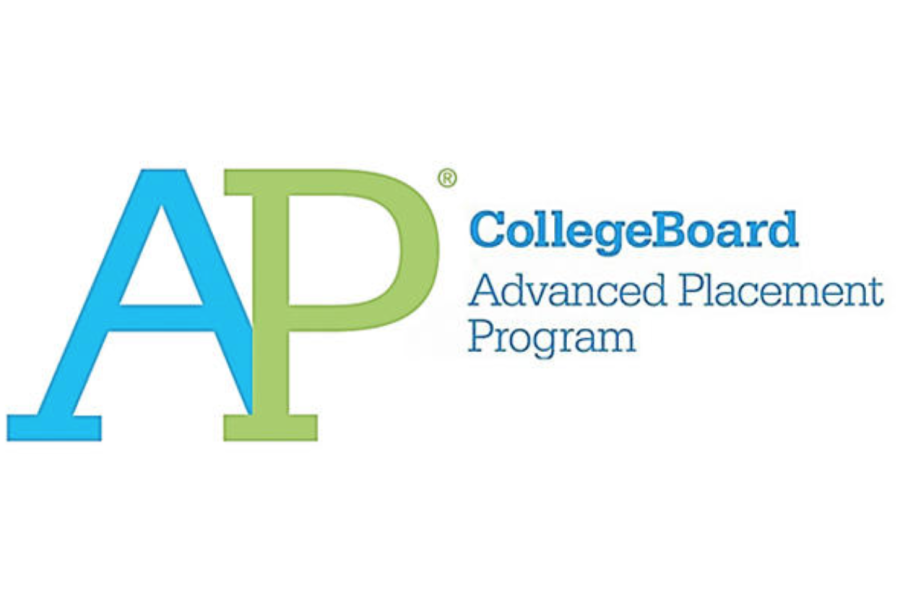The College Board’s Revisions to the AP African American Studies Curriculum
May 31, 2023
A taste of college level learning in high school. The College Board is a nonprofit organization that was formed to increase access to higher education. With the development of the Advanced Placement Program and the Scholastic Aptitude Test, more commonly known as the SAT, the College Board shaped the US educational system to what it is today.
The College Board developed a new course called AP African American Studies over the past ten years. It is a course that allows students to study the long, rich history of black freedom. The introduction of the program has the ability to advance access to African American history with a critical lens across the country.
However, the AP African American Studies course has been receiving heavy criticism from right-wing politicians. Governor DeSantis of Florida announced that the course would be banned in the state. In 2020, Florida had the highest AP participation rate in the nation, making the state very important to the College Board. Amidst the criticism, the College Board rolled out an updated curriculum for their new course AP African American Studies on February 1st. The update removed topics, such as Black Lives Matter, mass incarceration, reparations and queer life, from the AP exam.
The College Board’s revisions to the AP African American Studies program are not surprising. Although the College Board started off as a well intentioned nonprofit and is a critical aspect of American secondary education, it has presented a diversity of issues in schools.
Students have been told that taking AP classes will help them in becoming a stronger college applicant. This has led to not only a higher demand for these classes, but to AP classes being not much more than a marker of success.
When asked about AP classes at Baruch, high school senior Izabell Mendez said, “We have that kind of culture in our school, of like, the more AP classes you take the better you are.” Students are increasingly taking AP classes for the merit rather than due to academic interest.
Ms. Ross, the 11th Grade Literature & AP Literature teacher at Baruch, said that getting high scores on Advanced Placement exams often require tutors and extra resources, such as practice books, which inhibits students that cannot afford this extra support. Regardless of whether a student wishes to participate in an AP course out of interest, reaping the benefits of a grade boost, or in consideration of how critical it is for acceptance into higher education, students miss out on this vital resource that can determine their futures.
As an organization that makes billions of dollars each year, the College Board has drifted away from their original goal of equity and increased access to higher education. The revisions to the AP African American Studies curriculum is just one of the many ways they have lost their sense of purpose. It proves that money has become more important than a valuable education for the organization. As Ms. Ross said, the College Board’s fundamental purpose has become to be a “money maker.”












